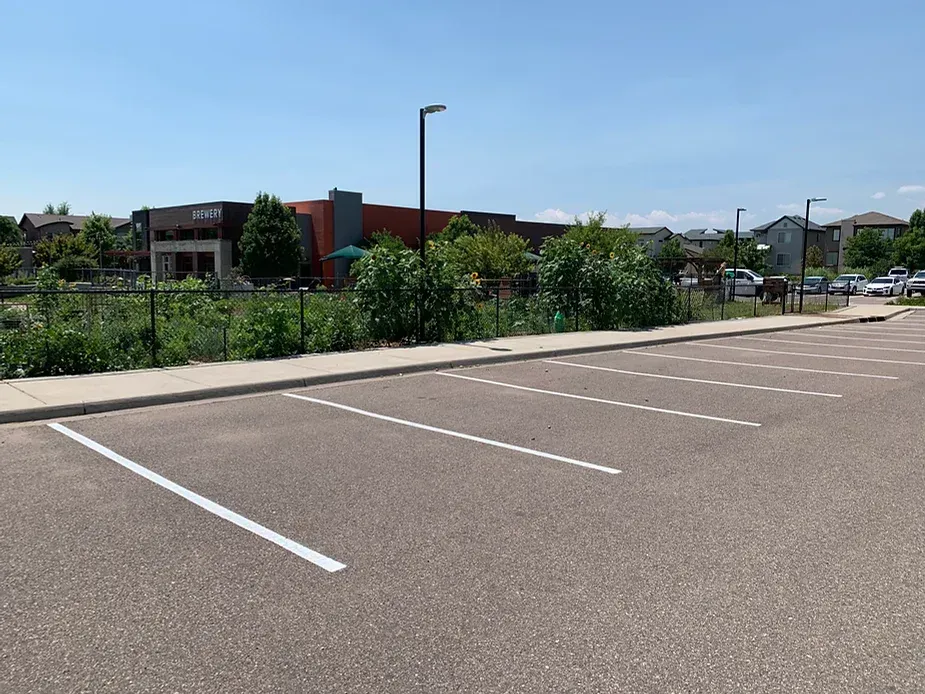
What is Parking Space Management
Parking space management refers to the efficient and effective utilization, organization, and regulation of parking spaces in various settings such as urban areas, commercial complexes, residential neighborhoods, and public facilities. It involves implementing strategies, technologies, and policies to address the challenges of limited parking availability, traffic congestion, environmental impact, and user experience.
Parking space management aims to optimize the use of available parking spaces, reduce traffic congestion, minimize environmental impact, enhance user convenience, and improve overall urban mobility. This may include using smart parking systems, dynamic pricing, multi-modal transportation integration, and efficient space utilization techniques to achieve these objectives.

Introduction to Parking Space Management
As urbanization continues to increase, the demand for parking spaces has surged, leading to congestion, inefficient space utilization, and environmental concerns. Parking space management aims to address these issues by employing innovative approaches to maximize the use of available parking infrastructure.
Importance of Efficient Parking Space Management
Efficient parking space management is important for several reasons. Firstly, it enhances urban mobility by reducing traffic congestion and improving accessibility to businesses and amenities. Secondly, it contributes to economic growth by supporting commercial activities and strengthening the overall urban experience for residents and visitors.
Challenges in Parking Space Management
Despite its importance, parking space management faces various challenges. These include limited space availability, outdated infrastructure, lack of enforcement mechanisms, and the need for sustainable solutions to minimize environmental impact.
To overcome these challenges, cities, and organizations are adopting innovative solutions and strategies for parking space management.
Utilization of Technology
Advancements in technology, such as mobile apps, sensors, and data analytics, play a vital role in optimizing parking space utilization. These technologies enable real-time monitoring of parking availability, reservation systems, and efficient enforcement of parking regulations.
Implementation of Smart Parking Systems
Smart parking systems leverage IoT (Internet of Things) sensors and connectivity to give drivers real-time information about available parking spaces. This helps reduce traffic congestion and enhances the overall parking experience for users.
Adoption of Dynamic Pricing Models
Dynamic pricing models adjust parking rates based on demand, time of day, and other factors. By implementing dynamic pricing, cities can incentivize drivers to park in less congested areas or during off-peak hours, optimizing space utilization and reducing congestion.
Improvement of Infrastructure
Investments in parking infrastructure, such as multi-level parking garages, bicycle parking facilities, and electric vehicle charging stations, are important for accommodating the growing demand for parking while promoting sustainable transportation options.
Efficient parking space management offers numerous benefits, including reduced traffic congestion, improved air quality, increased revenue for municipalities, enhanced urban aesthetics, and better accessibility for all users, including individuals with disabilities.
In addition to optimizing space utilization, sustainable parking solutions focus on reducing the environmental impact of parking facilities. This includes promoting alternative modes of transportation, such as public transit, cycling, and walking, and encouraging the use of electric vehicles and car-sharing programs.
Case Studies of Successful Parking Space Management Initiatives
Several cities and organizations have implemented successful parking space management initiatives. For example, Singapore's Electronic Road Pricing (ERP) system uses electronic tolls to manage traffic congestion and reduce vehicle emissions. Similarly, San Francisco's SFpark program employs dynamic pricing to manage parking demand and improve the availability of parking spaces in busy urban areas.
Future Trends in Parking Space Management
Emerging technologies, such as autonomous vehicles, connected infrastructure, and shared mobility services, will likely shape the future of parking space management. These innovations could revolutionize how we approach parking and urban mobility, leading to more efficient, sustainable, and user-friendly parking solutions.
In conclusion, parking space management is good for addressing the challenges of urbanization, traffic congestion, and environmental sustainability. By adopting innovative solutions and strategies, cities can optimize parking resources, improve urban mobility, and enhance residents' and visitors' overall quality of life.
FAQs
What are the main challenges in parking space management? Limited space availability, outdated infrastructure, and the need for sustainable solutions are among the main challenges in parking space management.
How can technology help improve parking space management? Technology, such as sensors, data analytics, and mobile apps, can help optimize parking space utilization by providing real-time information to users and enabling efficient enforcement of parking regulations.
What are the benefits of dynamic pricing models for parking? Dynamic pricing models adjust parking rates based on demand, time of day, and other factors, helping to optimize space utilization, reduce congestion, and increase revenue for municipalities.
What are some examples of sustainable parking solutions? Sustainable parking solutions include promoting alternative modes of transportation, such as public transit and cycling, and encouraging the use of electric vehicles and car-sharing programs.
How are emerging technologies shaping the future of parking space management? Emerging technologies, such as autonomous vehicles and connected infrastructure, can revolutionize parking space management by enabling more efficient, user-friendly, and sustainable parking solutions.